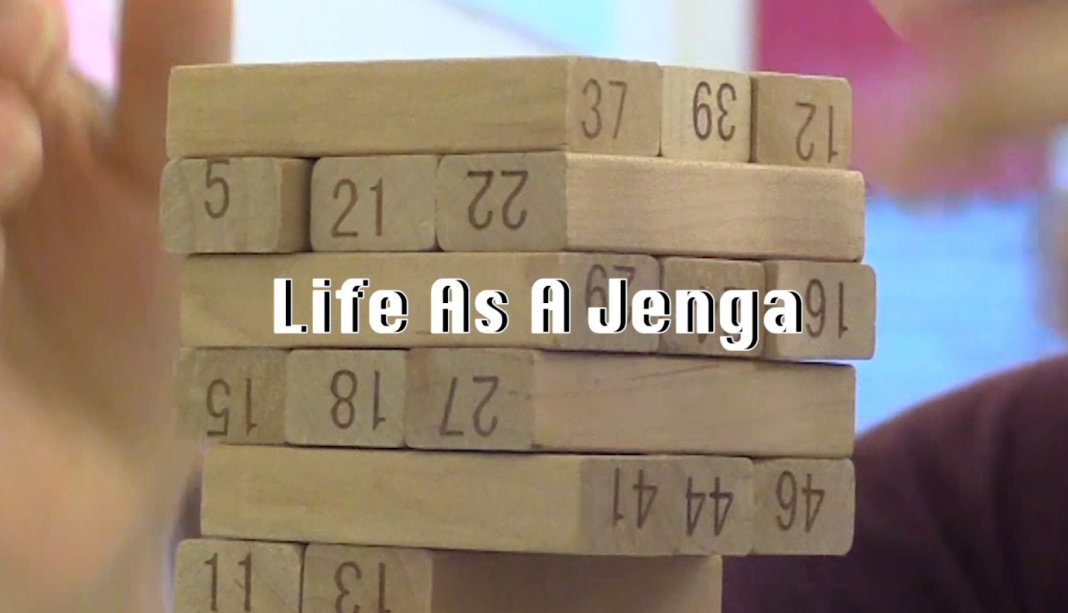Life and death education helps to overcome the fear of the unavoidable yet seldom publicly discussed matter. At the same time, it encourages the appreciation of life.
Reporters: Ariel Lai, Sarah Ryou, Shell Zhang, Tiffany Chong
Editors: Sarah Poon, Erica Li
Asians are more conservative to discuss death publicly. It is a taboo to plan for the ultimate departure. Therefore, most of the time people are not well-prepared when the passing bell rings.
Everyone has his or her own interpretation of life and death. Some think death is a reminder of the limit of life. It helps to realise your responsibilities and commitment can no longer be fulfilled.
For Tong, a 70-year-old street sweeper, life is pessimistic. “I envy those people who die because Hades is just like a Xanadu to me, while I am still suffering in this world,” Tong says. He wishes to die soon as a relief for himself.
Although suicide and aging population have been worrying matters in our society, there is still not enough life education available. Many organisations hope to formulate a proper understanding of life and death so that people can navigate them with the right mindset instead of purely grieving the end of life.
Life Journey Centre under the Jockey Club offers an interactive 60-minute experience for participants to go through a life cycle. There is an impactful scenario in which participants lie inside a coffin to reflect the decisions they made during the activity.
The programme is developed from a ‘time tunnel’ journey concept. It has four zones: ‘Are You Ready for the Journey’, ‘Many Choices in Life’, ‘One-way Tunnel’ and ‘Rest in Peace’.
Chris Ho, assistant manager of Life Journey Centre, notes different generations have their own reflection on this ‘life journey’. For students, they feel regretful about how they treat their parents badly, whereas adults are awakened from sacrificing their dream for the job.
“I think life is about a mutual understanding and tolerance at different life stages,” he says. He hopes the centre can serve the purpose of life education and participants can view the elderly from another angle.
Three university students also share the same mission of promoting life education by setting up a bookstore at Chai Wan.
Louis Chuk, owner of Stay Within Bookspace, believes bookstore is a good medium to deliver the message about life. It sells books that answer people’s query about the meaning of life. There is also a shelf of books with topics like war, poverty, mental health, environment and animal, which Chuk thinks they are very related to the theme.
“We find that the life cycle from birth, aging, to sickness and death is not definite,” Chuk says. He explains some people died at a young age because of accidents so they do not even have a chance to go through the aging and sickness stages.
Chuk describes the life journey as a Jenga. Choices become fewer as people enter the next life stage. It is difficult for them to make a decision. Eventually, the Jenga falls as expected.
Every month, the bookstore organises a human library session or a Death Cafe. While sipping coffee, participants can exchange their views about life and death casually. In April, a Death Cafe invites both local and international students to share the rituals and cultures related to death in their own countries.














































